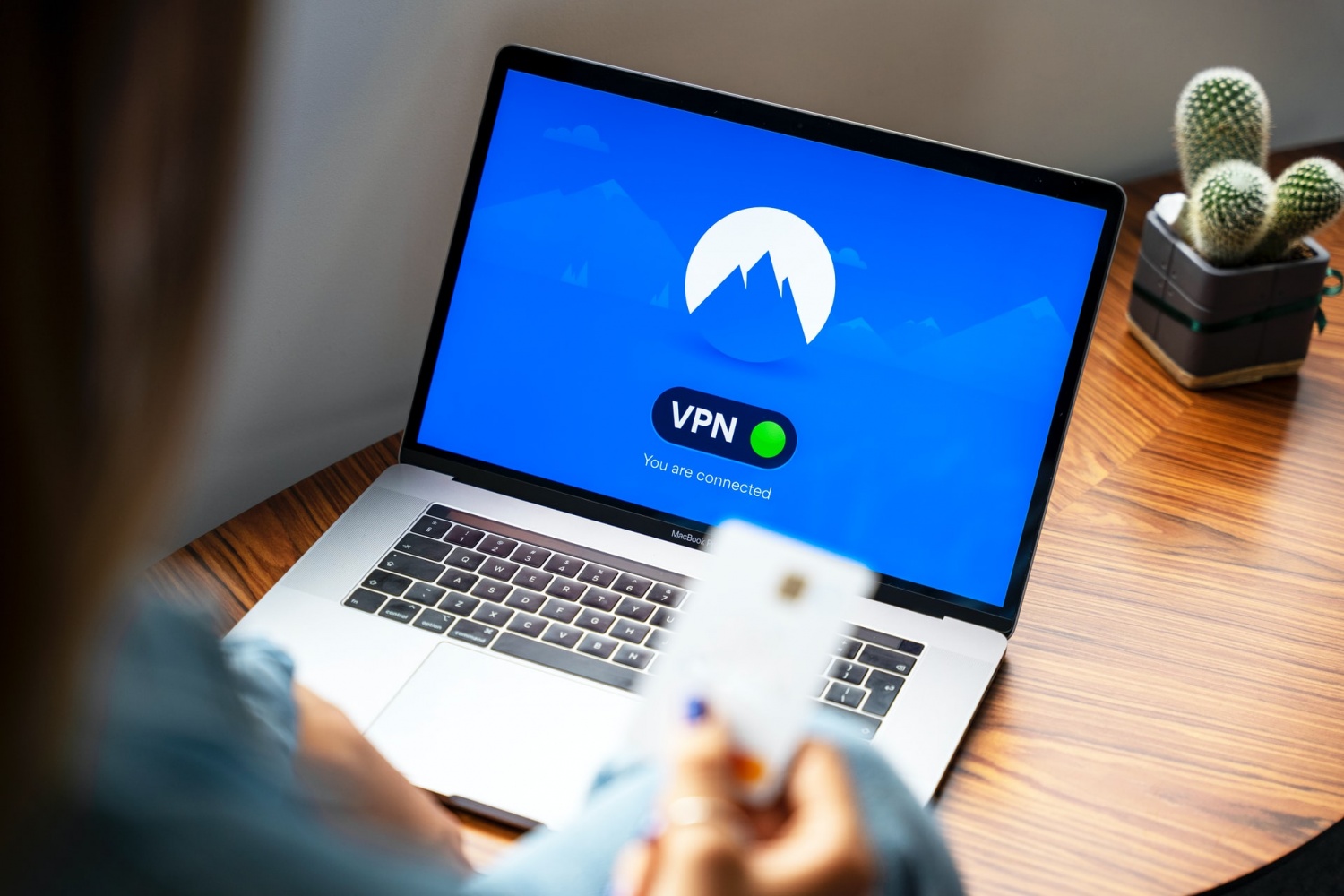Being safe on the internet has become a huge deal in recent years. We put a lot of information about ourselves on the internet and those are stored in company databases. For this reason, individuals should be aware of the importance of protecting their data. They also want to make sure to choose businesses that care about personal data protection.
As online security directly affects businesses for the above reason, companies use a variety of ways to secure their corporate networks. One of these ways is using a Virtual Private Network (VPN). But there are many types of VPN to choose from; for example, you can either get a self hosted VPN or a service-provider VPN. Let’s see what is a self hosted VPN and how it differs from the other.
What is a VPN?
VPN is an abbreviation for the concept of Virtual Private Network. The main goal of a VPN is to let individuals or organizations communicate securely and without being traced by malicious users.
Just like our home address, each device has its own Internet Protocol (IP) address. These are called local IPs since they determine the actions and the location of a device that operates on the internet. If you don’t somehow mask your local IP, hackers and data thieves can use it to trace your online communications.
VPN services allow you to mask your local IP and they make your device look like it is connecting from a distant location. They also encrypt and hide all the communications and actions you do online. These are all done by the VPN protocols provided by the VPN vendors.
In short, VPN is a secure way to be online as it doesn’t disclaim your device to the malicious users and act as if you are not in the location from which you actually connect to the internet.
What is a self hosted VPN?
The definition of a self hosted VPN is apparent in its name; you have your own server, you have total control of your network, and the IP address completely belongs to you. You can choose who can access your network, and who can use the IP address of your VPN.
But as the name suggests, you need to operate your own VPN without the help of an educated team. If you have a trained IT security team, you might be able to pull it off, but this will reflect in more costs for cybersecurity.
Also, you need to remember that a self hosted VPN provides end-to-end encryption, but it is not usually used to have full anonymity on the internet. The reasons are simple; the IP address belongs only to you, so you can’t really be “anonymous.” Not to mention you probably won’t have the complex tools to provide online privacy that service providers have.
Self hosted VPNs are usually preferred by organizations with the ability to deploy hardware and create a special team for its operation. The reason is that this VPN type requires hardware and the resources to run it independently.
These are the main reasons why some organizations use this VPN; they have the means and they don’t want to pay extra for the services of a VPN vendor.
Differences between self hosted VPN and service provider VPN
If you are trying to choose between a self hosted VPN and a service provider VPN, there are a few things to pay attention to. First of all, you need to choose between complete control or complete anonymity.
While self hosted VPNs will allow you to control every aspect of your network, they lack anonymity. However, you will have less control when you get a VPN from a service provider as they operate it themselves, but you will ensure full online privacy.
Another thing to be aware of is of course the support and the experience that a service provider offers. While you might be able to run your own VPN yourself, your small team most certainly won’t have the skills of a well-known and experienced service provider. These providers also guarantee comprehensive customer support to help you out through the process.
Last but not least, you need to think about what happens if your network and company continue to grow, which is ideally a future you want. Will you be able to sustain VPN operations with the initial hardware set or the IT security team?
This is important because scalability and ease of use are not the things that usually come with a self hosted VPN. Cloud-based VPN providers can scale your system as needed without you having the worry about maintenance and setting it up again.
Final word
If you want to implement a VPN solution to secure your organization’s network, you have to choose between a self hosted VPN and a service provider VPN. Do you want to be anonymous and let your provider operate your VPN, or non-anonymous but have full control?
If you want to have your own separate network and IP, go with the self hosted one. However, if you want to have full online privacy and security, choose service providers.

